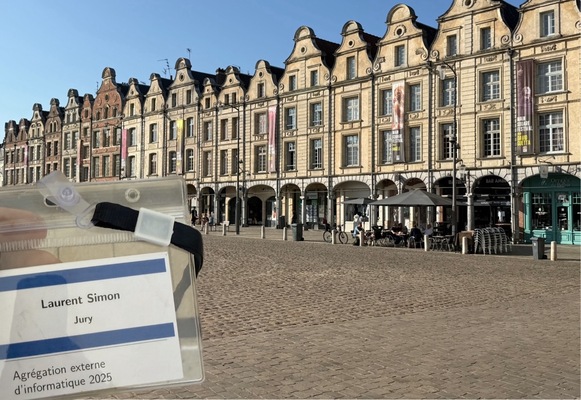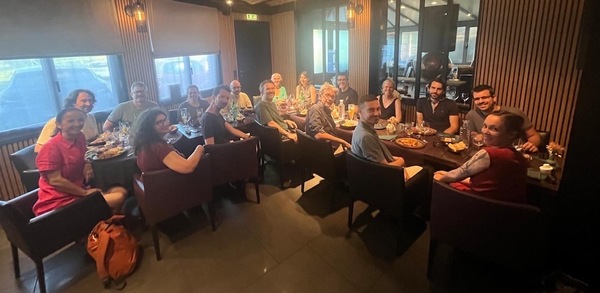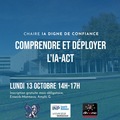
Since 2022, France has finally established an external computer science agrégation. I remember my own computer science classes in middle school (on PCs with 5”1/4 floppy disks and MO5/TO7 machines). The teachers were passionate volunteers but trained in other disciplines (Math, Physics, etc.). With the growing importance of computer science and thanks to the persistent efforts of key figures in the field in France, such as Gérard Berry, we have had an external agrégation for the past three years.
This year, I had the pleasure of serving on its jury (our mission was to select 22 agrégés from over 400 applicants). The external agrégation, open to candidates with a Master’s degree (or equivalent), is very demanding. This diploma prepares teachers for middle and high schools, as well as for preparatory classes for the grandes écoles. The program is ambitious. Candidates face three days of written exams followed by three oral exams. While the written exam grading was more traditional (though the process was excellent: each paper was graded by two people, then scores were harmonized between the two graders), I especially appreciated the quality of the candidates during the orals and the flawless organization of the entire process (well done, president!).
Even though being a jury member is more comfortable than being a candidate, it was still eight days of intensive orals in Arras, meeting colleagues from all areas of computer science, prep school teachers, and university lecturers. These were enriching encounters with passionate computer scientists.
A tip for candidates: Carefully read the jury feedback each year to understand what is expected in the orals, which are quite different from the more traditional written exams. If you are considering applying, since the orals are public, another good tip is to attend one or two days of the exams that you find challenging. Listening to the candidates will help you better understand what is expected.
You can find all the information about the computer science agrégation here.





